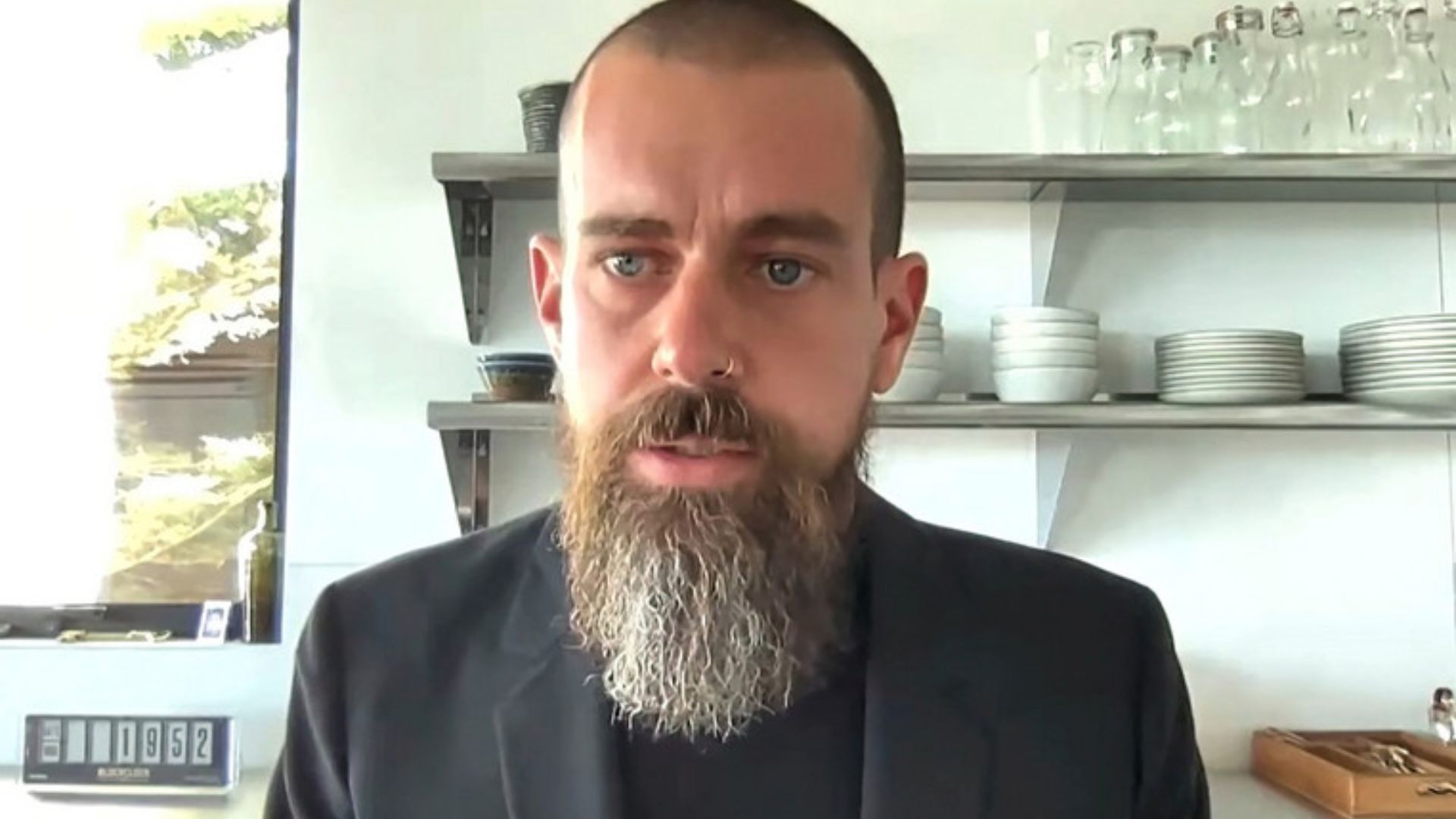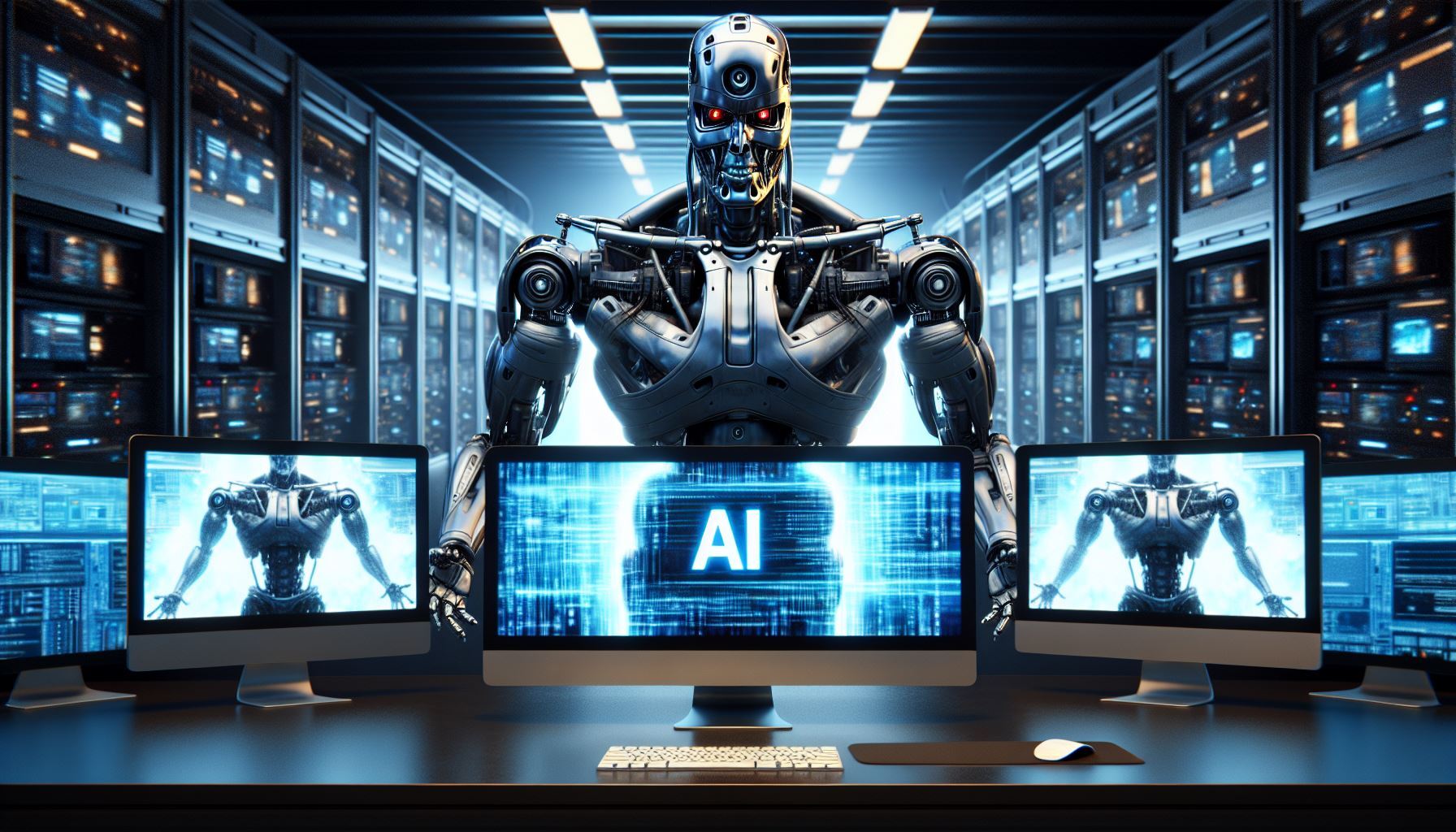
What you need to know
- Former Twitter CEO and co-founder Jack Dorsey says it'll be impossible to tell what's real from the fake "because of the way images are created, deep fakes, and videos."
- Dorsey says we'll have to be more vigilant and experience things by ourselves to assert its authenticity.
- OpenAI implemented the watermarking of images generated using ChatGPT and DALL-E 3 technology to mitigate some of these issues, but admits it's not "a silver bullet to address issues of provenance."
With the rapid adoption of generative AI, anyone with a phone or computer and a stable internet connection can leverage the technology's capabilities. While this is a good thing in theory and can lead to ground-breaking breakthroughs, there's a downside to it.
The number of deep fakes flooding the internet is alarmingly high. It's getting hard to tell what's really from the AI-generated fakes. Co-founder and former X (Twitter) CEO Jack Patrick Dorsey recently shared similar sentiments:
"Don't trust; verify. You have to experience it yourself. And you have to learn yourself. This is going to be so critical as we enter this time in the next five years or 10 years because of the way that images are created, deep fakes, and videos; you will not, you will literally not know what is real and what is fake."
Jack Dorsey says the proliferation of fake content in the next 5-10 years will mean we won't know what is real anymore and it will feel like living in a simulation from r/ChatGPT
AI-powered tools like Microsoft's Image Creator from Designer or OpenAI's ChatGPT are incredibly good at generating structural designs to the extent of rendering professionals in the built environment jobless. This isn't limited to images as sophisticated tools like Sora can generate up to minute-long videos that could give Hollywood a run for its money in the foreseeable future.
Very little has been done to prevent the prevalence of deep fakes presented on the internet as the real thing. OpenAI has laid out several measures to mitigate these issues, like watermarking images generated using ChatGPT and DALL-E 3 technology. However, OpenAI admits it's not "a silver bullet to address issues of provenance."
Billionaire and Square CEO Jack Dorsey further stated:
"It will be almost impossible to tell. It will feel like you're in a simulation. Because everything will look manufactured, everything will look produced. It's very important that you shift your mindset or attempt to shift your mindset to verify the things that you feel you need through your experience and your intuition."
While responding to Dorsey's video shared on X (formerly Twitter), Billionaire and X owner, Elon Musk seemingly shared similar sentiments. "How do we know we aren't there already?" added Musk.
Jack Dorsey says the proliferation of fake content in the next 5-10 years will mean we won't know what is real anymore and it will feel like living in a simulation pic.twitter.com/l1cStyFJmmJune 23, 2024
Dorsey also talked about the automation of tasks using AI traditionally handled by the human brain. He added that most of the functions are available across your devices, preventing users from "building those connections in your brain anymore."
The AI revolution is before us, but it still needs the human touch

In a recent study, it's reported that AI is taking over human jobs. Writers and editors have been negatively impacted by the AI wave and the emergence of powerful chatbots like Copilot AI and ChatGPT, capable of generating large masses of text within seconds.
Multiple publications have decided to automate some of the writers' tasks to cut costs that would have otherwise been used to pay salaries. However, this hasn't worked as expected, since it has hurt their rankings and ratings on Wikipedia. The study reveals a new trend emerging. Publications hire writers to go through large masses of text, correct grammatical errors and make it feel less robot-like but for less pay.
OpenAI recently shipped its new flagship GPT-4o model with reasoning capabilities across text, images, and more. It will be interesting to see how it performs at such tasks compared to its predecessors. It can already hold human-like conversations, this might also be the case when generating text.







